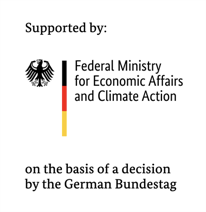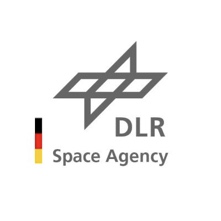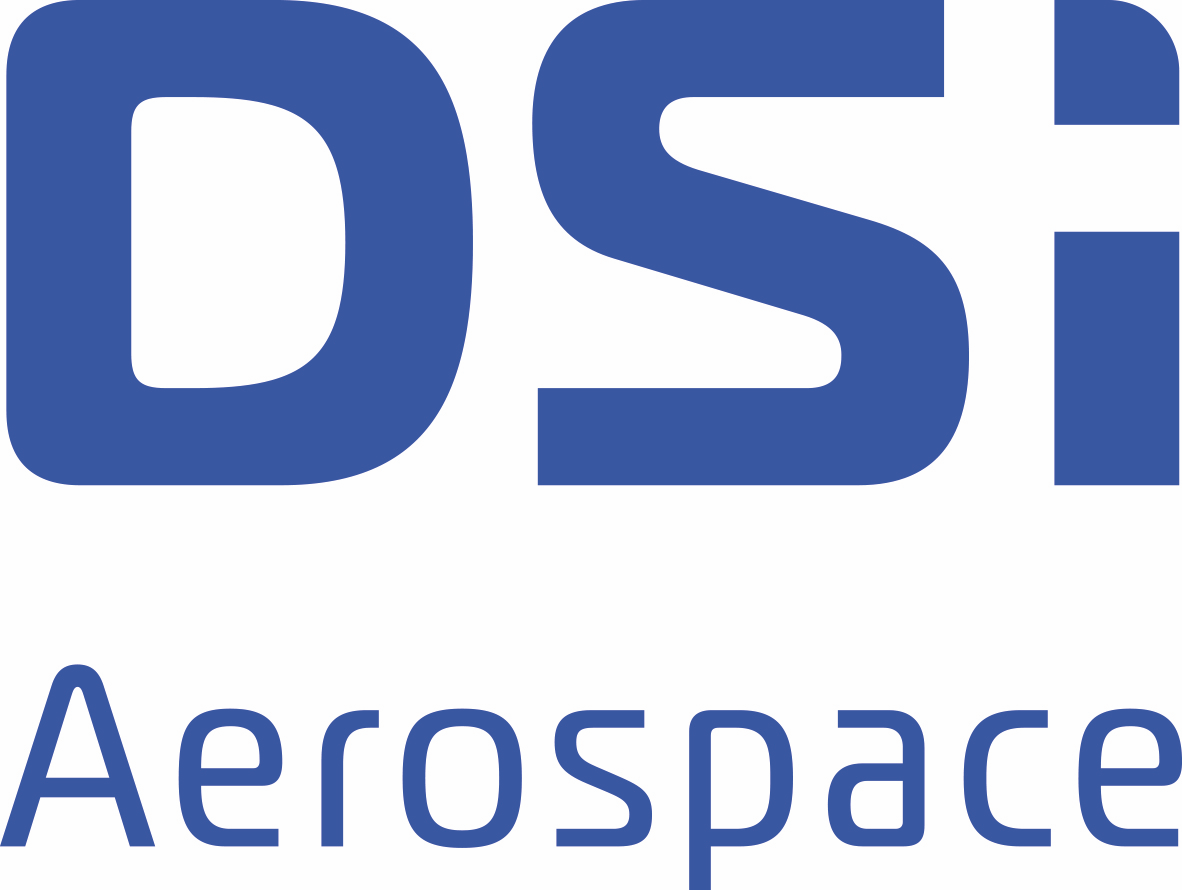

AuRelia: Autonomous and Reliable SCG-Sensor System for Human Space Exploration
Im AuRelia-Projekt wird die Entwicklung von Gesundheitssensoren für Weltraummissionen, die mit einer starken Sensorautonomie und extrem hoher Zuverlässigkeit einhergeht verfolgt. Ferner adressiert AuRelia erstmals eine Untersuchung von Artefaktbildungen der Seismokardiographie (SCG), wie sie bei den gemeinsamen Experimenten mit der Technischen Universität Hamburg (TUHH), dem DLR Institut für Raumfahrtsysteme, der DSI AG und der Hohenstein AG im Experiment „BEAT“ im Vorhaben WiCo2 in den Inkrementen 66/67 auf der Internationalen Raumstation ISS identifizierten.
Die Universität Bielefeld übernimmt in AuRelia die medizinische Auswertung und Durchführung von Untersuchungen in Bezug auf SCG-Signalen, stellt Auswertungs-Tools zur medizinischen Evaluation bereits und unterstützt mit seiner medizinischen Expertise die bedarfsgerechte Entwicklung. Ferner begleitet Sie die anvisierten Messungen in einer Parabelflugkampagne regulatorisch und medizinisch.
Die Universität arbeitet im Unterauftrag zum BMWK unter dem Förderkennzeichen 50RP2350 geförderten Vorhaben AuRelia unter Federführung der Technischen Universität Hamburg (TUHH). Das Vorhaben wird verwaltet durch das Deutsche Zentrum für Luft- und Raumfahrt (DLR). Projektzeitraum von 24 Monaten mit Projektstart am 01.08.2023.
Ansprechpartner
Prof. Dr. med. Dr. PH Urs-Vito Albrecht
Wissenschaftliche Projektleitung Bielefeld
urs-vito.albrecht@uni-bielefeld.de
Die Projektlinie AuRelia wird vom Deutschen Zentrum für Luft- und Raumfahrt (DLR) mit Unterstützung des Bundesministeriums für Wirtschaft und Klimapolitik (FKZ 50RP2350) finanziert und verwaltet. Wir arbeiten auch eng mit der Technischen Universität Hamburg und der DSI Aerospace GmbH zusammen.



